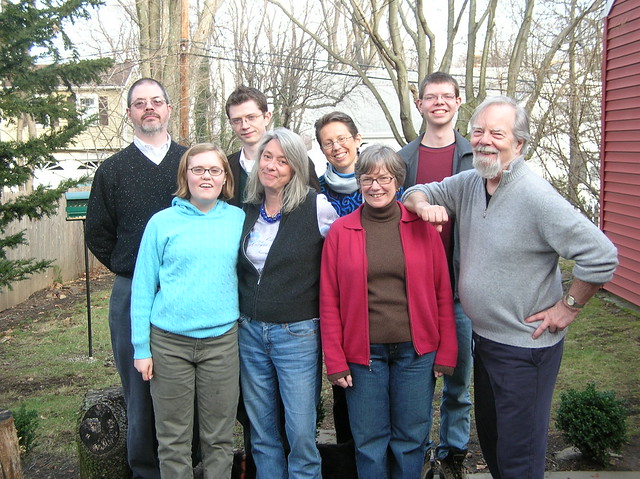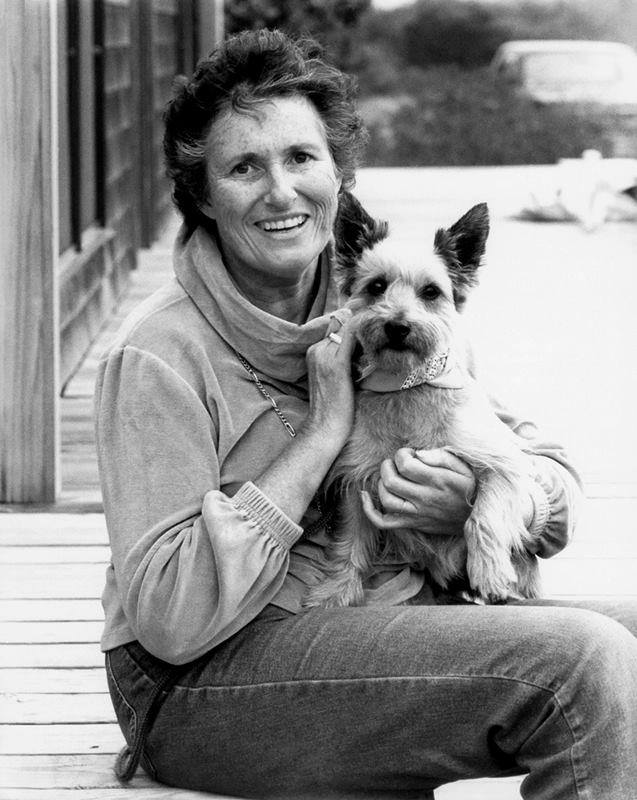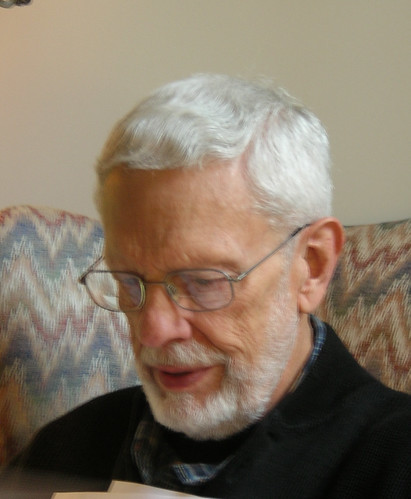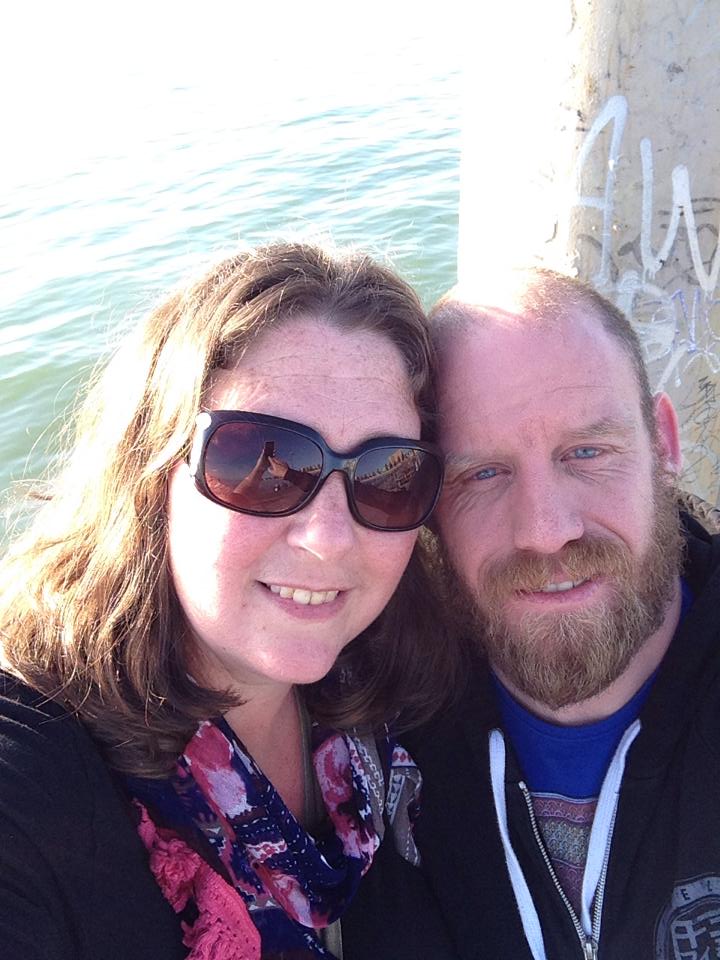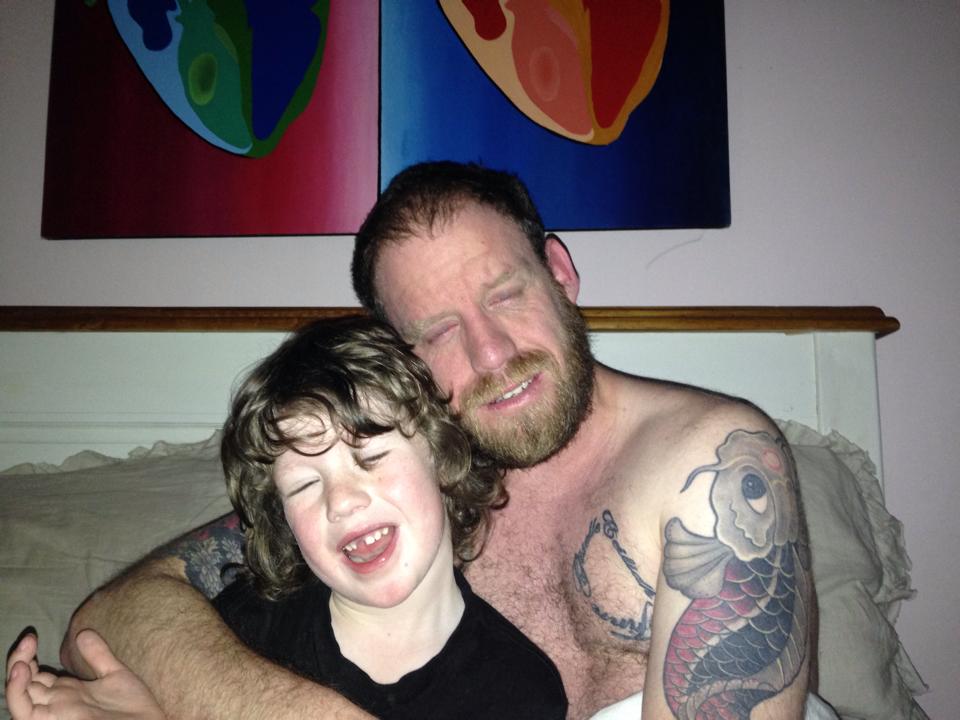Obituary in MR magazine
Obituary in Women’s Wear Daily
Obituary at Nutmeg Cremation Society
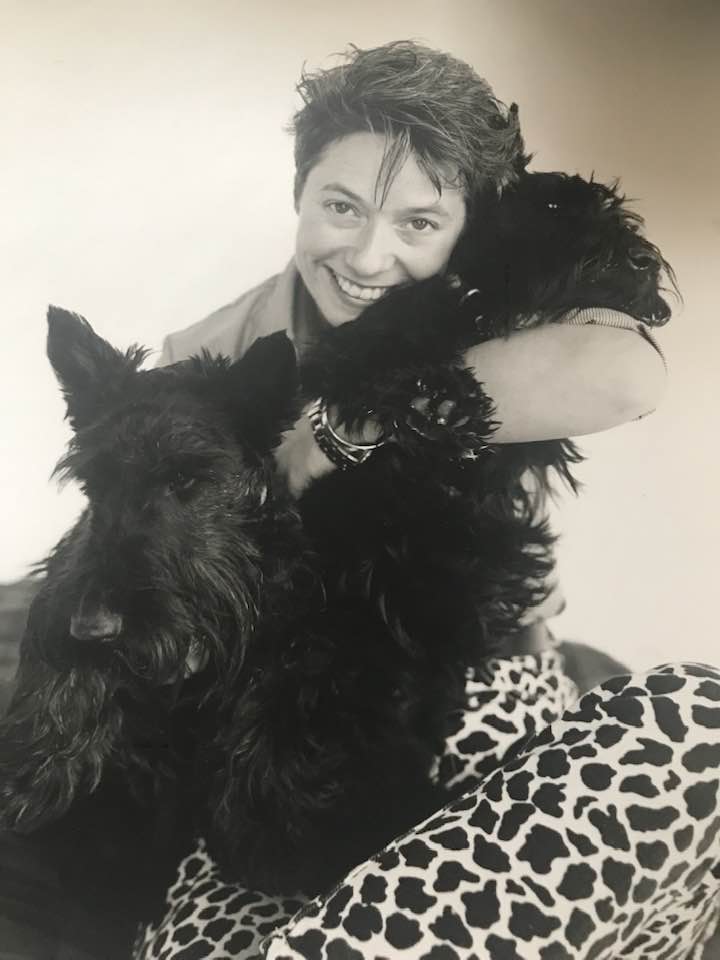
Elizabeth Hollister Adam, known to all as Holly, died surrounded by loving family friends on X April, 2024 in New Canaan, Connecticut at the age of 65, of alcohol-related liver disease.
Holly was born March 7, 1959, the younger child of the late Prof. Donald G. Adam of Pittsburgh, PA, an English professor at Chatham College, and of the late Nancy Tuttle Adam, poet and professional photographer of Nantucket, MA. She and her older brother, Oxford lecturer and parish priest in the Church of England, the Revd. Dr. Andrew K. M. Adam, of Abingdon-on-Thames, England, grew up in the Squirrel Hill neighborhood of Pittsburgh.
Holly developed an early interest in clothing and fashion. While still in high school she was taking buying trips to New York City with the owner of a Pittsburgh boutique where she had an after-school job, and she worked summers in both high school and college selling clothing on Nantucket Island. At Hobart-William Smith College (HWS) she studied English and built a strong community of friends. After graduation, she moved to New York City to workas an assistant fashion editor of Vogue Magazine. In New York she worked at Polo/Ralph Lauren and at Bloomingdale’s where she was the men’s and children’s fashion director, before she established her own clothing and home textiles collection, Holly Adam Home. In 1998, she founded Cashmere Inc in Greenwich Connecticut. She became an expert in cashmere, traveling frequently to Scotland and Italy for design and production collaborations. Holly founded the MensWearNetwork for NYC fashion professionals, while starting up a project management practice, HomeWorks. At home in CT, she expressed her love of food and entertaining through her Shop-Chop-Cook project.
Holly loved and was loved by a wide circle of family and friends, always ready to raise her hand to help or to gather them for lunch at her favorite restaurant. Her precise eye for fashion, her remarkable memory for names and places and attire, and her gift for making and sustaining connections among people made for memorable meet-ups at local Hobart lacrosse games, spontaneous lunch get-togethers, and surprise presents for cousins. She particularly cherished her cooking trips to Italy with her father Don.
She is survived by her devoted friend James Anagnost, and by her loving brother and sister-in-law, the Revd. Dr. Andrew K. M. Adam and Dr. Margaret B. Adam; by her uncle Richard Adam of of Albuquerque, N.M, her aunt Harriet Tuttle Noyes (Robert), of Arlington, MA, as well as a niece and two nephews, a grandniece and a grandnephew, cousins Martitia DeWitt Ornelas (Zuben) of NYC, Adele Racheff (James) of St. Croix, Carol Noyes Hewett (Adam) of Bellingham, WA, James Noyes (Karen) of Aston, PA, Alison Noyes Buchanan (Michael) of Holyoke, MA, Rebecca Gorrell (Gregory) of Crested Butte, CO, and more Noyes, Frost, and Spencer cousins who comprise her large and loving family.
In honor of Holly, memorial contributions may be made to Hobart William Smith or Waveny Hospice.
Donations to Hobart and William Smith in memory of Holly Adam Class of ’81 can be made online or by a check payable to Hobart and William Smith Colleges, mailed to Office of Advancement, 300 Pulteney Street, Geneva NY 14456 Memo: In honor of Holly Adam Class of ’81.
Donations to Palliative & Supportive Care of Nantucket in honor of Holly Adam (and Nancy Adam), in accordance with options on this page.

